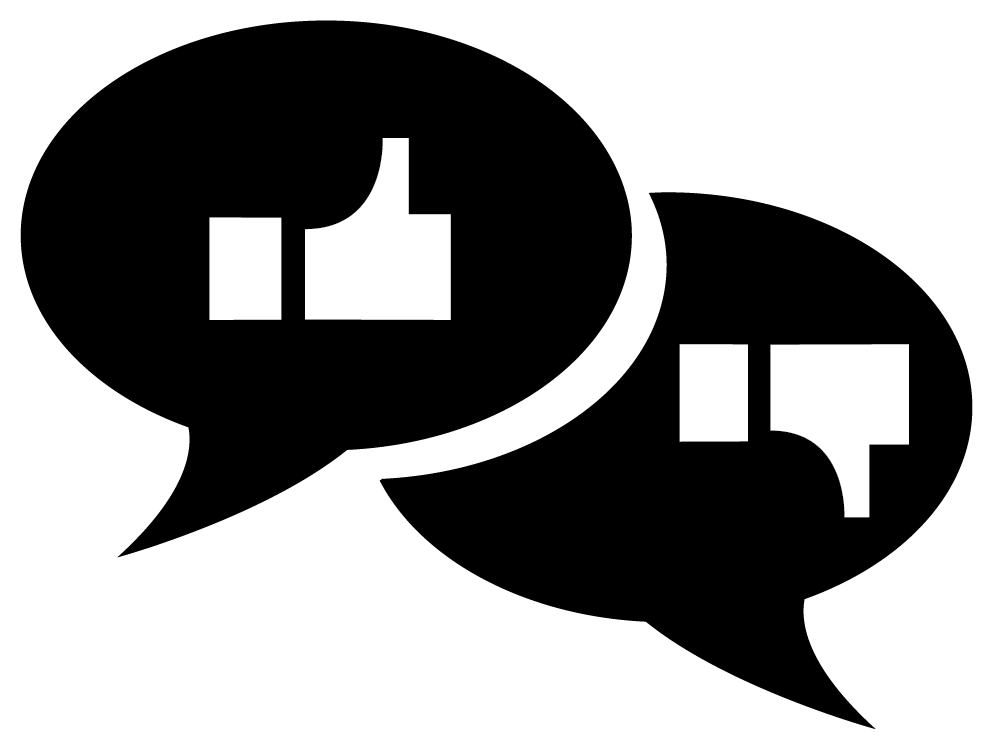On Jan. 19, Kathryne Grove, Director-EEO/Recruiting and Frank Tuitt, Associate Provost for Inclusive Excellence, sent the DU community an email asking for all to recommit to the University values, citing that many offensive remarks have been posted on anonymous social media sites. This message was appropriate for the circumstance: although these messages are indeed “disconcerting,” it is a reflection of the student body. Therefore, it is a reflection of underlying issues in the community. Any issues related to Yik Yak and other anonymous social media posts need to be addressed as a community.
DU isn’t the first campus to encounter problems with anonymous social media platforms. According to a recent article in the Huffington Post, 11 students were charged in fall 2014 across the country for threats of violence on Yik Yak. Other universities have also reported offensive and racist remarks through the platform. It is an issue that is coming to the forefront as social media applications allow increasing anonymity.
There are multiple anonymous social media platforms, but Yik Yak is the most popular platform at DU. It is a social media application that allows anybody who has the application installed on a mobile device to post an anonymous message, which is tracked by location. Users can view the anonymous posts based on location, which allows a community feed of posts made primarily by DU students. Users can also down-vote posts they dislike or find offensive, so any post that receives 5 down-votes is removed from the feed. Users can also up-vote posts they like.
There are many methods for coping with this anonymity. Some universities are banning these platforms through campus wifi. In addition to the fact that this attempted solution still allows students to post through cellular networks, this ignores the problem.
These messages may be hurtful, but they are not the result of the platform. Rather, they are a reflection of an individual student and student community.
As a result of the ability to downvote posts, fellow students can filter out offensive remarks. If students are not stepping up in this role as social mediators and are allowing these comments to proliferate, there is an underlying community issue. Disallowing the website does not further students’ understanding of the effects of hateful speech.; it simply removes a method through which these ideas can be expressed. The ideas themselves are still a part of the people and the community.
The DU email attempts to reach at this community issue that is the source of these messages. It is much more appropriate than attempting to remove anonymous social platforms completely from campus. The fact that students have posted offensive remarks suggests that there are at least a few students on campus who are not afraid to post hateful messages.
As a student who has frequented these platforms, I can say that I have not seen many posts that are concerningly offensive. When there is something disconcerting to the student body, the best we can hope is that there are other students that down-vote the post out of the platform to send the message that those types of posts aren’t acceptable in our community. There may be an issue of students posting these messages in the first place, which is what the administrative email attempts to address. Ultimately, though, it is the role of the student community to control posts through this platform.
The recent email is a step in the right direction and the DU community seems to be coping well with managing distinctly anonymous platforms. However, if these messages increase, the DU community will need to step up to better represent inclusive excellence on-campus.










